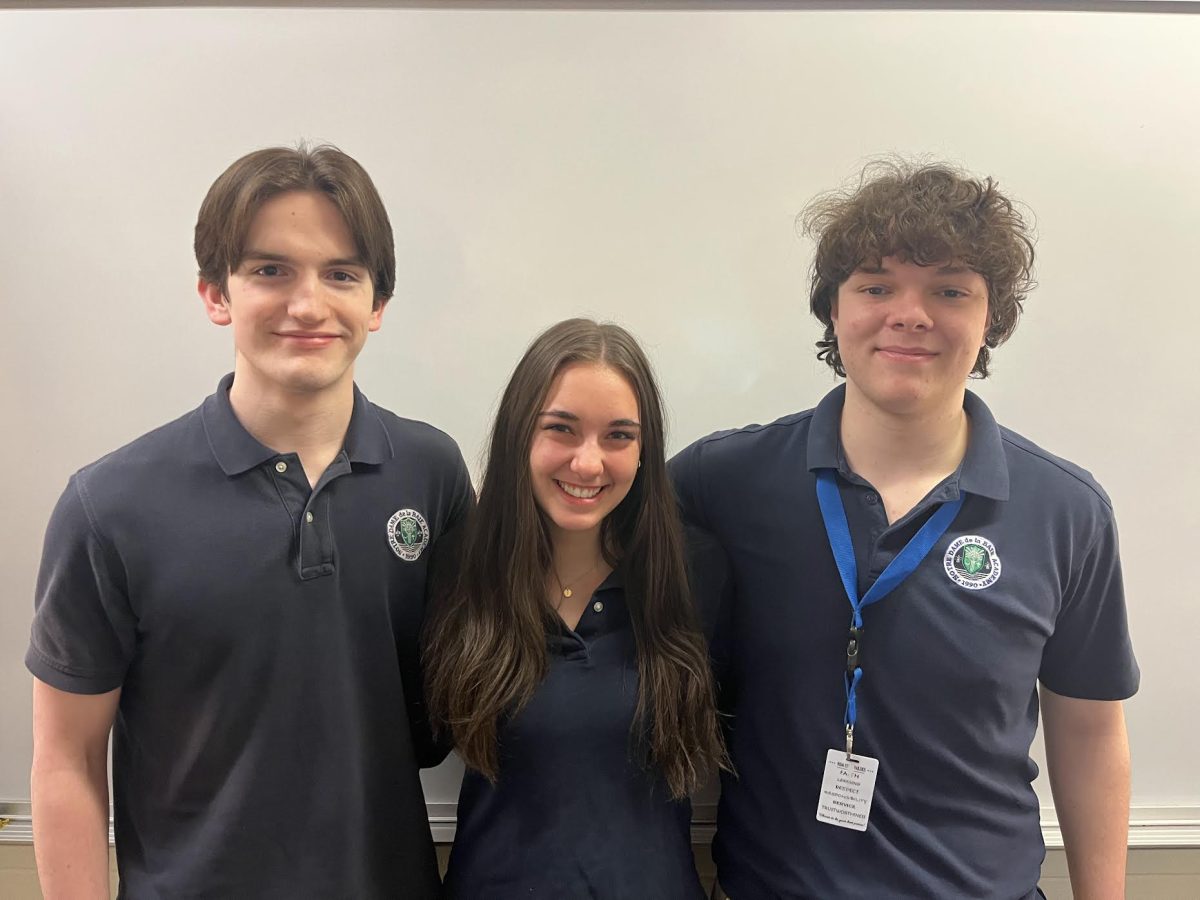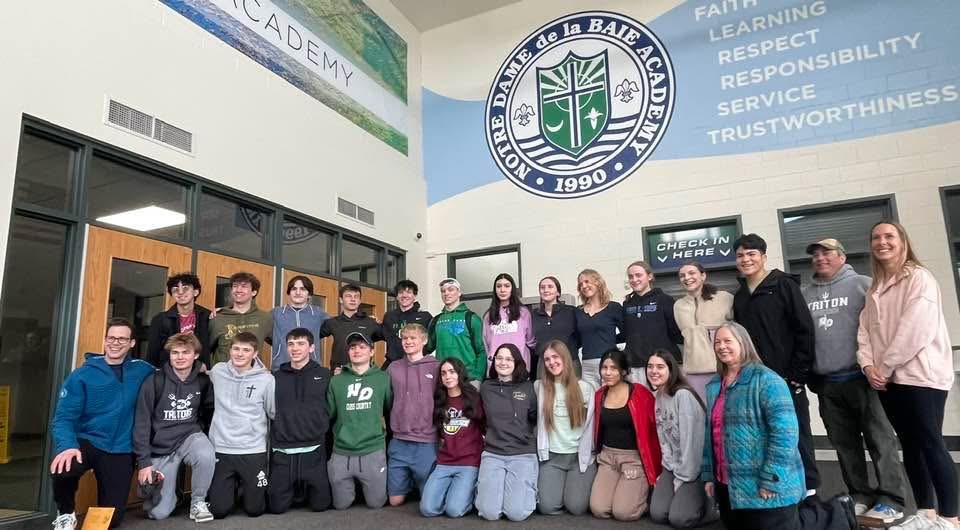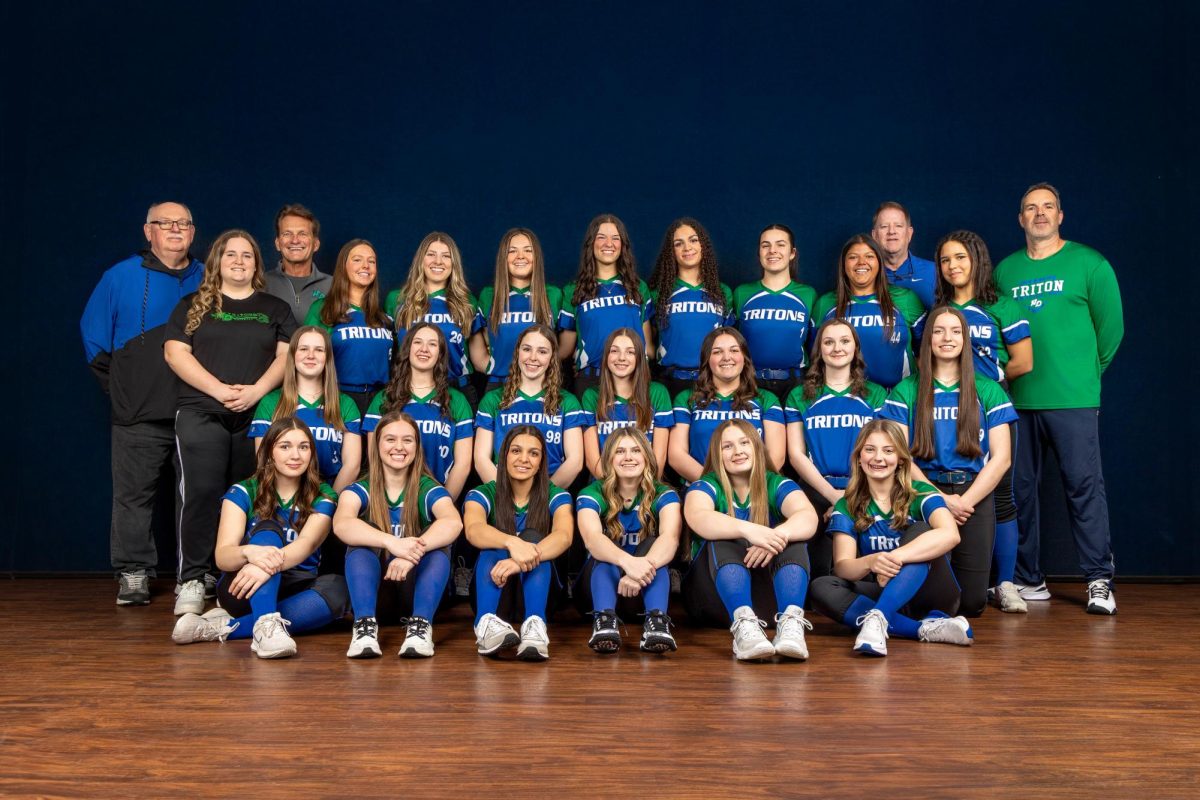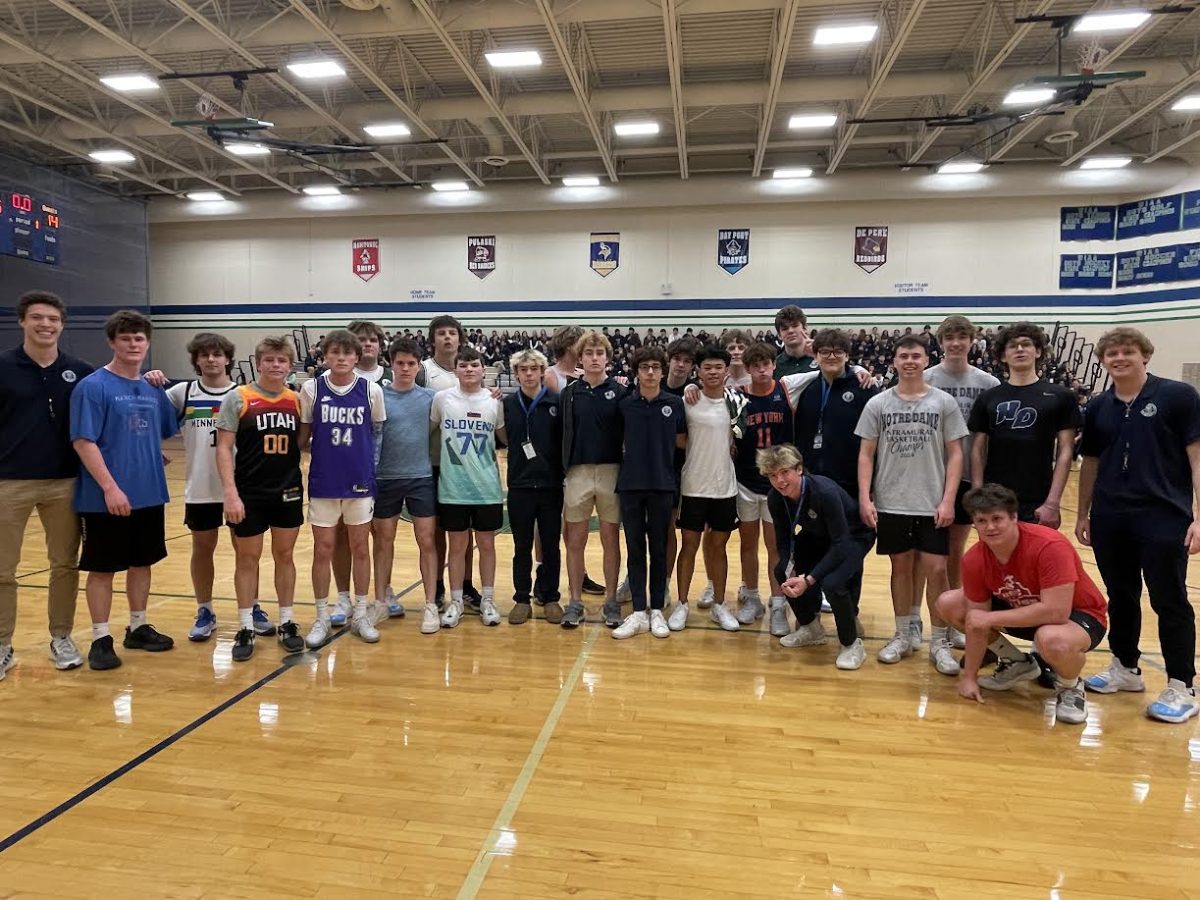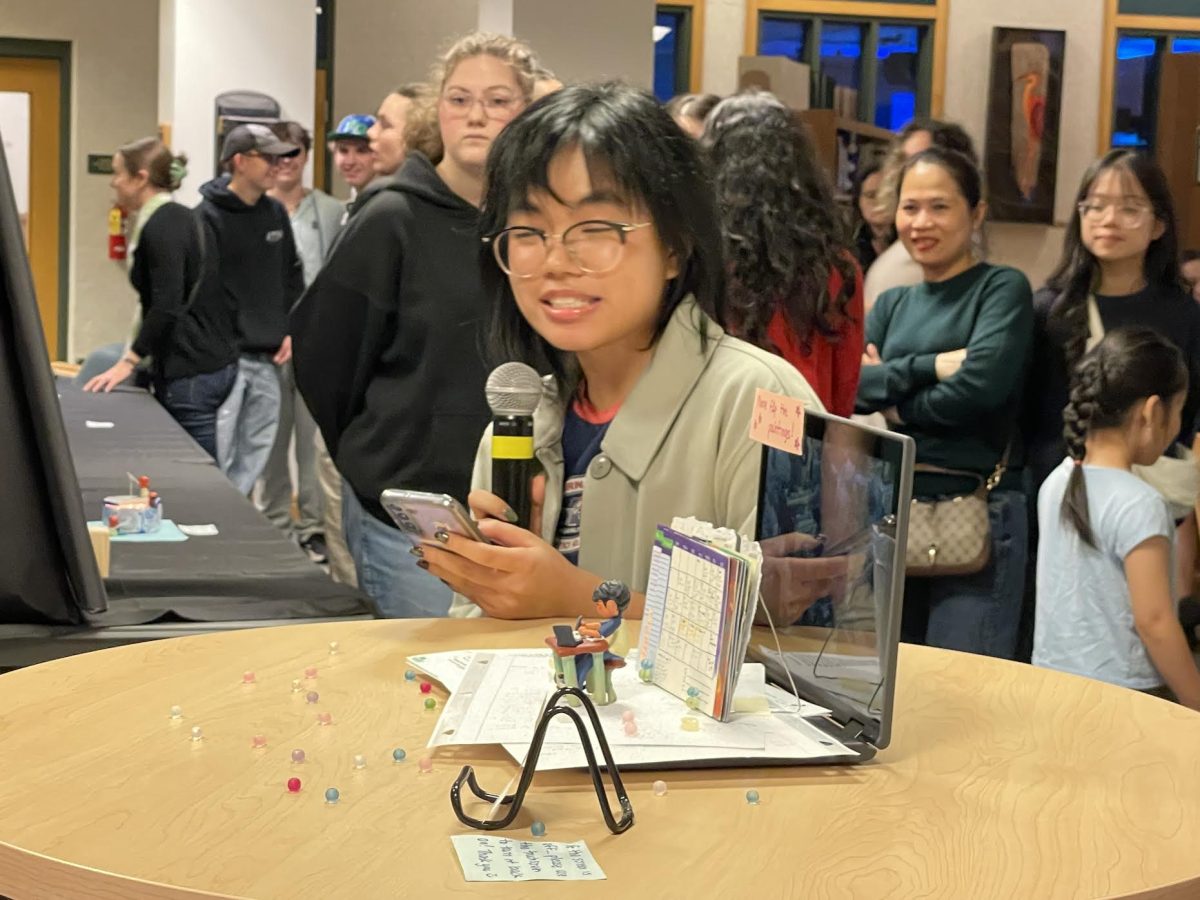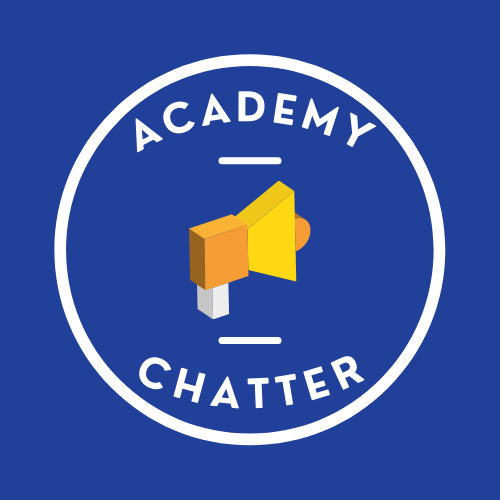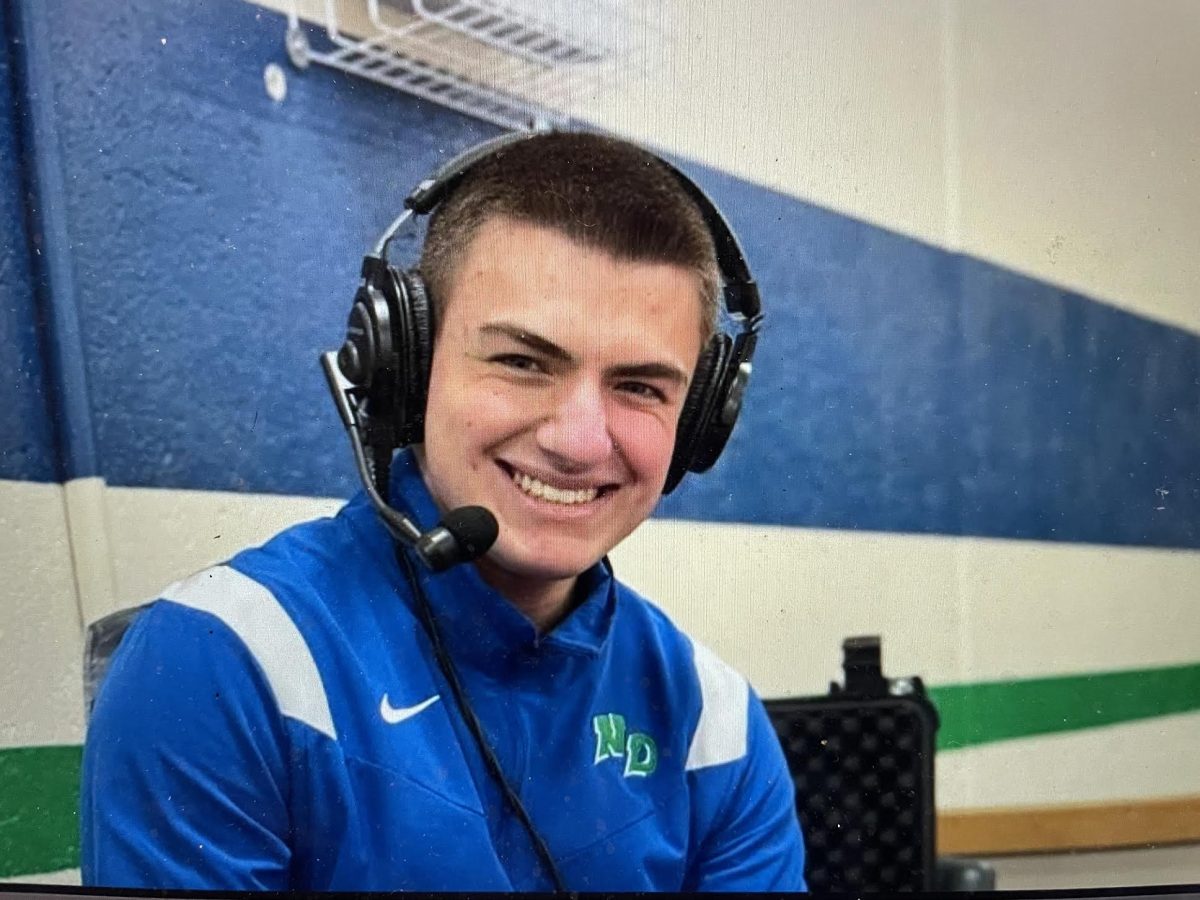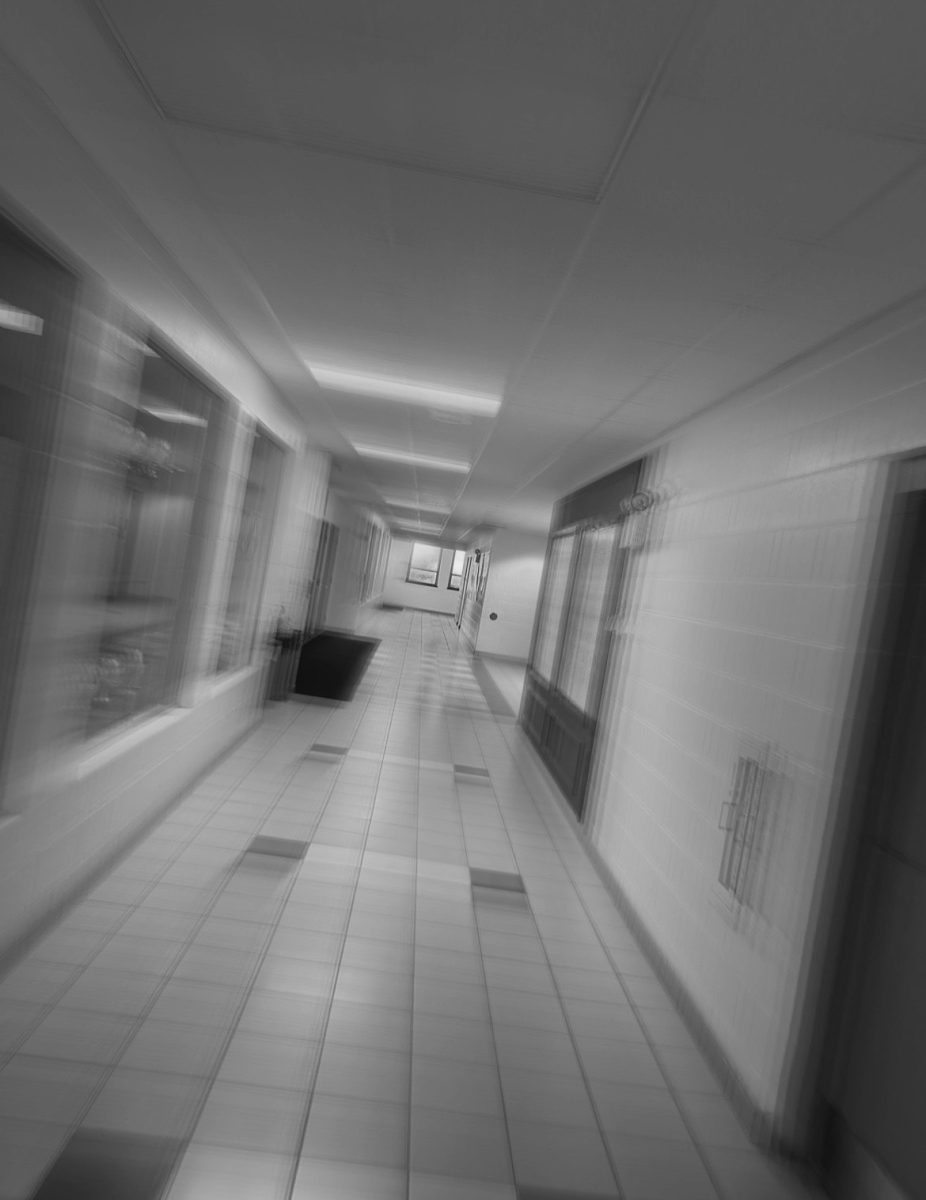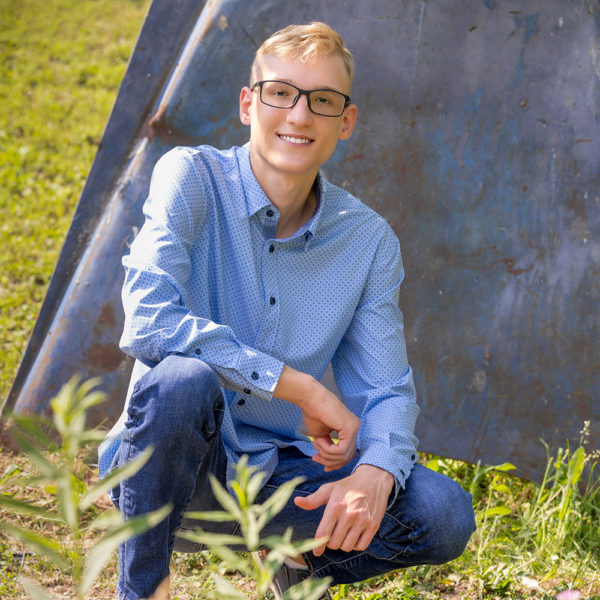“God is not done with me yet,” said Cassidy McGowan, NDA’s Learning Resource Consultant. This comment stems from surviving a recent heart attack he suffered around the beginning of the school year.
McGowan, feeling tired, sore and some chest discomfort, thought it was a general sickness or virus passing through his body. His initial thoughts were Coronavirus, but all his tests came back negative for Covid.
“I had heavy arms, a sore neck and difficulty sleeping,” explained McGowan.
Then, when running with the cross country team, he felt tired and had to stop only minutes into a run to avoid passing out. McGowan also mentioned that walking up stairs at school caused him to sweat and feel exhausted, both very unusual.
“I called a friend who is also a cardiologist, Doctor Todd Fergus. He had me do a stress test on a treadmill to get a better sense of what could be wrong.”
McGowan also underwent a catheterization, in which a tiny camera was inserted into his blood vessels to take pictures of his heart.
Just over a week ago, McGowan received the test results and found out he had Spontaneous Coronary Artery Dissection (SCAD). McGowan’s heart had tears in the outer wall, which caused his arteries to split. As a result, blood clots formed, shutting off 99% of the blood flow to the bottom left side of his heart.
McGowan explained that he is alive today because his body put down collateral arteries after his original arteries split, which is what caused the heart attack, and the collaterals kept his heart alive.
“It is medically unexplainable how this wasn’t a full-on catastrophe. I’m told that either I ran or lifted weights too hard, but it still seems odd that is likely the cause. I would never have put heart attack in my top ten causes of my symptoms. That said, it is what it is.”
There have only been a handful of SCAD cases in young, healthy men, and 90% of SCAD cases occur in women. McGowan could have stents put in, but 90% of the cases heal on their own over time, so that is where he is today.
He admits he is waiting and praying that when he does the next catheterization, the clots have dissipated, and the artery is healed.
McGowan will be going to the Mayo Clinic this month to meet with SCAD doctors and a team of sports cardiologists to put together a plan on how to live from here on out. Since there is a 10% chance of recurrence, major lifestyle changes seem probable.
“Most likely, I will not be able to lift weights over 50 lbs, and I will need to keep my heart rate down.”
McGowan will also be part of a research study at the Mayo Clinic to help future SCAD survivors. His next catheterization will be around Thanksgiving to see if everything is healed.
While McGowan’s situation is strenuous, he is trying to keep “a positive mindset everyday” to make the most out of his life.
“God gave me a second chance at life. He is using me more than ever to do good in this world. I honestly can say I have a new and improved perspective,” he said.
McGowan is thankful he listened to his body before it was too late, and he wants to make sure everyone knows to do the same thing.
“I am thankful I listened to my symptoms. If you are feeling off physically or mentally, seek a professional. Do not question it. Asking for help means you care.”
His new focus is spending more time with friends and family. He has a wife and three children. He is grateful to his family, friends, medical staff and everyone who has acknowledged his situation.
One of McGowan’s biggest passions is running, and he hopes to continue that passion if he is able to do so safely.
“I do not want to give up running. I plan on being at the start line of the Boston Marathon on April 15, 2024. I want to be an example for others of a challenge that I was able to overcome. Time will tell, but right now I’m planning on toeing the line this spring.”


